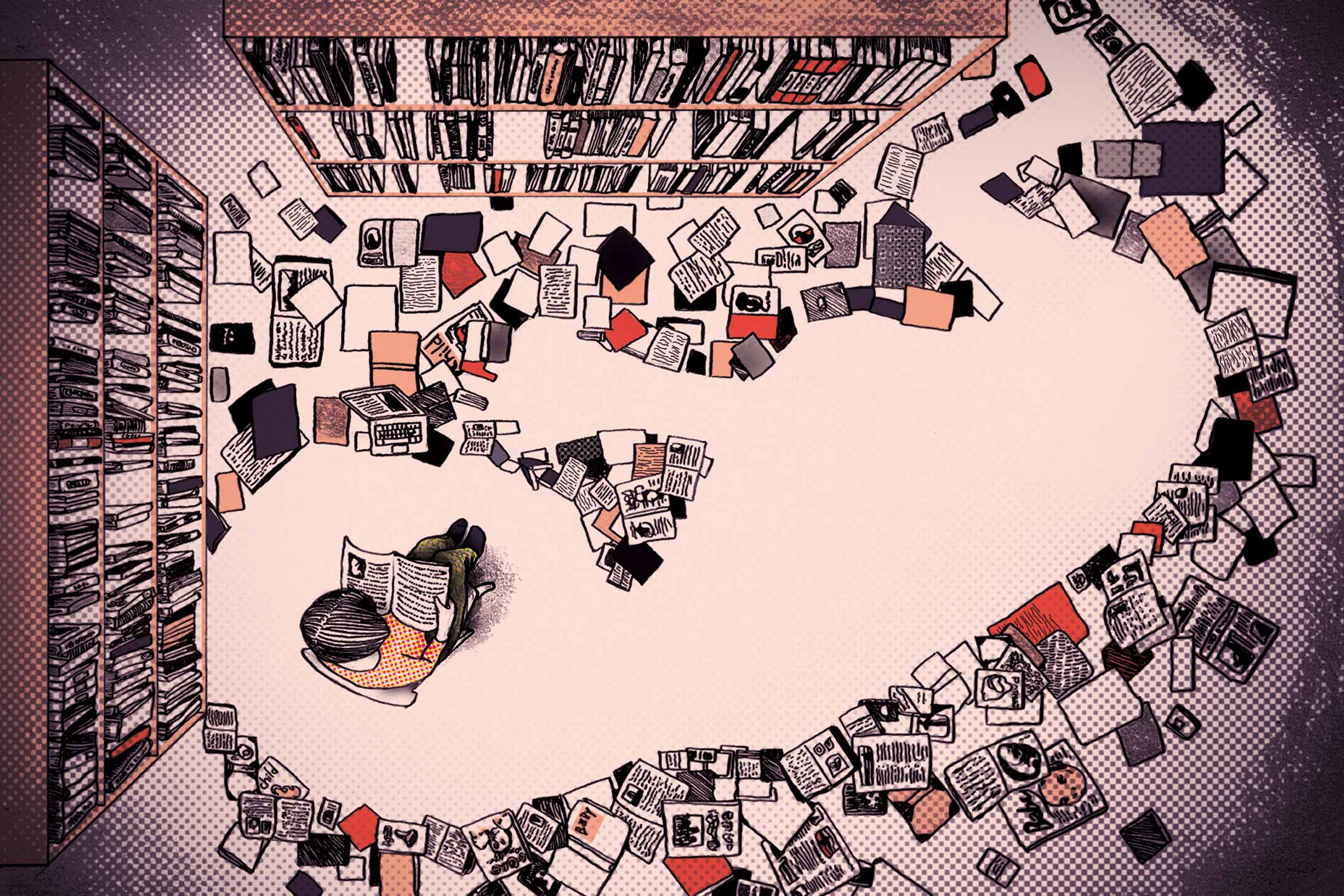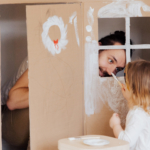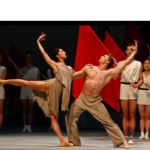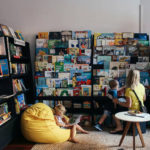
20 Jun Parenting By The Book
In preparation for her first pregnancy, Helen Kronberger ploughed through every parenting book available, but these days, she is a little more selective in her reading.
The first time around, I treated my due date for giving birth like the date of a major exam. I studied diligently, read from a wide variety of source materials and planned carefully for any required answers on the day. I rote-learned acronym responses to medical situations, checklists for risk assessment, intervention possibilities and any known effects of different pain relievers on mother and baby. (I wasn’t stuck for sources: conducting a quick online search for “best parenting books” produces nearly 15 million results.)
My study regimen included work lunch breaks spent ducking down to a nearby bookshop or library to scan the floor-to-ceiling shelves of birth, baby and parenting books. I’d find one of those Dalek-shaped stools meant for standing on and ease my cumbersome belly down for a blessed sit, a stack of potential gold in hand. I only ever intended to be a few minutes. Invariably, though, the full lunch hour would be lost to the books, and I’d have to relinquish a fascinating read, make a hurried decision on any borrowings or purchases, and waddle back to work at full tilt.
I was teased (most often gently) about my preparations by experienced and expecting mothers, midwives, hospital staff, my GP, my obstetrician, family and friends. It seemed incredible to most that I had even researched and compiled a comprehensive birth plan. Admittedly, as soon as it became evident that labour was going to be a lot more complicated than expected, I did want to tear up that plan and burn all the books, particularly the ones about intervention-free labour. I felt disappointed, misled and more than a little confused about what I had concluded, prior to the birth, to be ‘facts’.
I wasn’t deterred for long, though. After delighting in my son’s arrival and muddling my way through several weeks of frustrating and painful recovery, I started reading again. At first, I read for interest or out of concern – green poo, fear of baths, snuffles, spots, rashes. But I haven’t stopped reading since. Over the past five years, I’ve read up on language programs, books on health and nutrition, child behaviour texts, government-issue guides, women’s magazine supplements, newspaper health columns, child encyclopaedias, blogs and online forums.
Alongside an ongoing desire for information, I’ve found, with time, the confidence to apply a tighter filter to what I’m reading… Just as well, given that the time available for reading became all too scarce during my second pregnancy. Now, with another baby in the family, I’ve been able to haul out my favourite baby books and other sources, add some new and borrowed ones to the collection, and investigate assorted topics pertinent to this little one’s journey.
Just as receiving parenting advice from too many people (sought or otherwise) can leave you completely uncertain, one of the pitfalls of reading widely is an overload of information that conflicts and confuses. However, the advantage of reading widely and persistently, for me, has been the gradual discovery of some coherent and complementary ideas.
Some books have collected dust; others are well-thumbed. Some ideas or methods just don’t fit – we give birth to individuals and welcome them into unique families. My favourite texts are those that don’t dictate a course of action, that just present information from a child-development perspective and allow me to respond according to my children’s preferences and personalities. While I could simply heed the dominant advice to ‘trust your instincts’, my preference is to do just that – and then hurry back to the books to refine my ideas.
Reading has allowed me to study the basics of early-childhood sciences in fields related to language, behaviour, and well-being and apply these to otherwise baffling interactions with pre-school beings. It has equipped me with insights and understanding and, most significantly, allowed me to feel compassion and offer empathy where frustration might otherwise have won out. (Failing that, I’ve at least tried to hide behind the kitchen bench to take a few very deep breaths to compose myself before responding to a challenging situation.)
Perhaps I’m obsessive in my quest for the latest information. Perhaps my fixation on reading stems from a sense of responsibility to do my bit to improve on previous generations’ efforts. Perhaps it stems from an impossible attempt to be the perfect parent. Perhaps it’s all of these things, but something I have learned from books is that parental imperfections can also be assets, allowing me to teach my children about making mistakes, saying sorry, seeking to repair the situation and forgiving one another. This in itself has made all the reading worthwhile.
Illustration by Sam Pash




